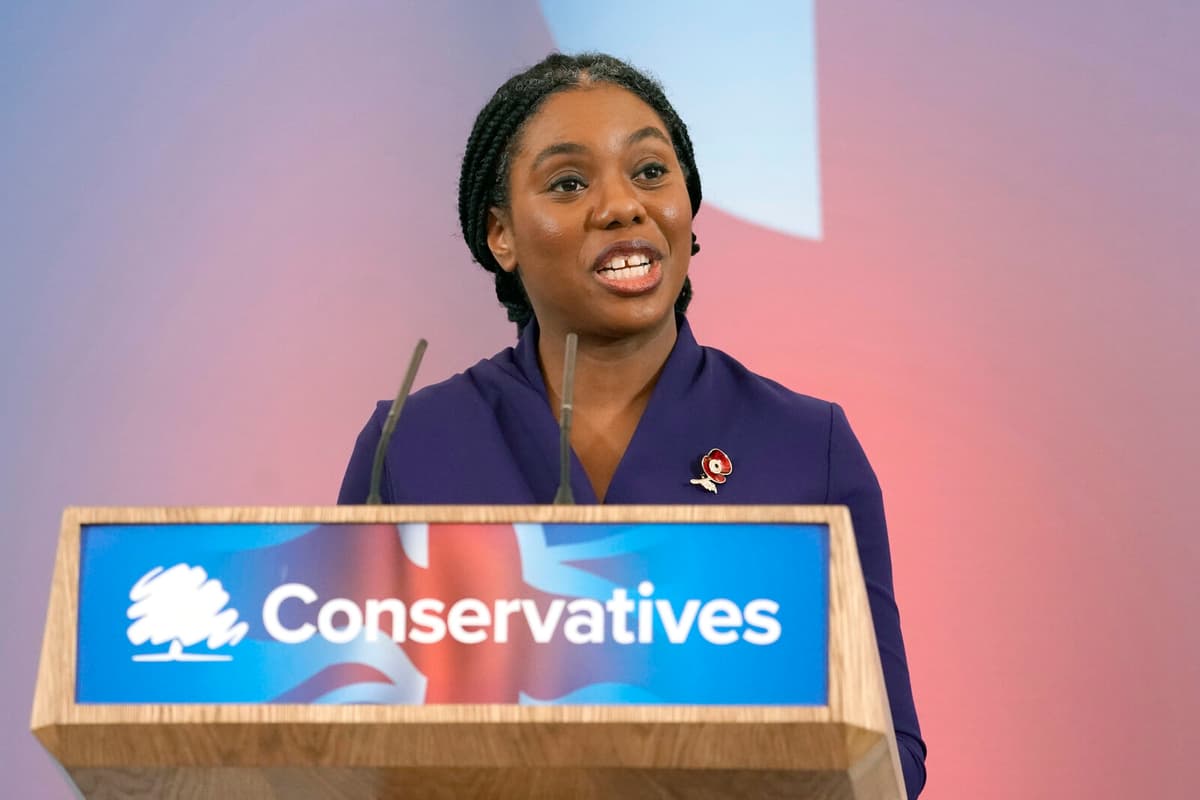Kemi Badenoch has taken over the baton in the crisis-ridden Tory party. But it's unclear what policy she wants to pursue.
She takes over the party in a fairly desperate situation, notes Nicholas Aylott, political scientist at the Foreign Policy Institute and Södertörn University.
In the election, the Tory party went from having a majority of seats in the House of Commons to getting just over 15 percent. It's the worst election the party has ever had.
The 44-year-old Badenoch was elected as the new party leader on Saturday. As the first black female party leader, she has already made history, but it's not something she herself has highlighted.
Belongs to the right-wing faction
She belongs to the party's right-wing faction and took over the post from Rishi Sunak - who resigned after the disastrous election. But it's not at all clear what path the party will take now, says Aylott.
She has won the party leadership without promising much in terms of specific policy.
It can be seen as a success, where Badenoch now has relatively free reins to lead the party where she wants.
Badenoch has held ministerial posts in previous governments. As Minister for Equal Opportunities, she took the lead when the then-government blocked a Scottish bill aimed at simplifying gender change. She has also opposed gender-neutral toilets, according to BBC. Recently, she received criticism for saying that "not all cultures are equally valuable".
She is very much against identity politics, where - as she would see it - political interest is created primarily according to sexuality or skin color, says Aylott.
Direction for the party
When it comes to economic policy, her stance is more unclear. She voted for Brexit but took a more pragmatic role in subsequent decisions regarding the abolition of EU legislation.
Now the party needs to make a choice. One path can be to try to outcompete the Reform UK party with Nigel Farage at the helm by moving further to the right on economic issues. At the same time, the party has lost many middle-of-the-road voters.
My guess is that she will hit hard on social issues, while taking a more centrist approach to economic policy.






